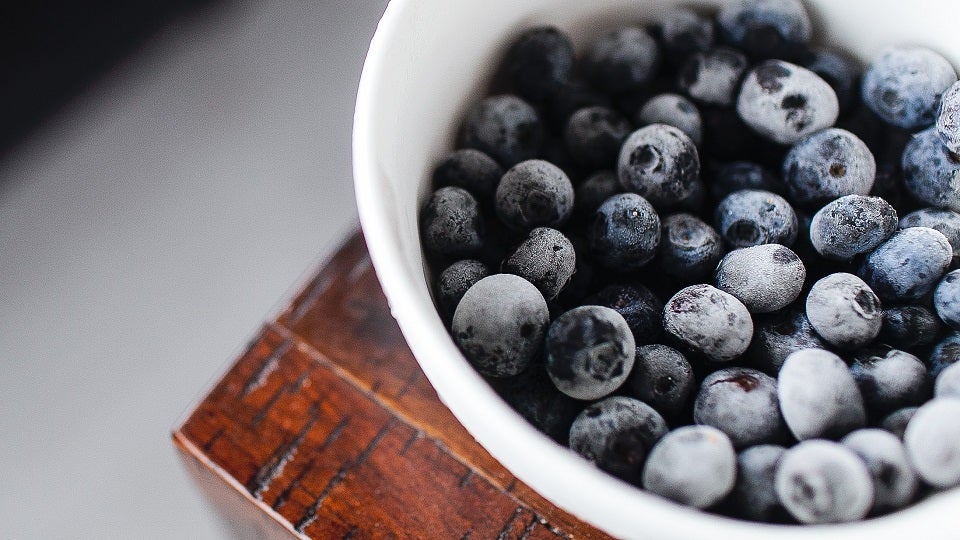Low-fat diets may benefit prostate cancer patients
Published: 06 Apr 2018

Having low-fat meals with Abiraterone Acetate, a standard drug for prostate cancer could improve treatment outcomes and reduce costs by up to 75 per cent, according to a study led by adjunct Associate Professor Goh Boon Cher from the Department of Pharmacology, NUS Medicine.
Prostate cancer is the third most common cancer among Singaporean men, and is the fifth leading cause of cancer deaths. From 2009 to 2013, 3,456 men were diagnosed with prostate cancer, according to the Singapore Cancer Registry.
Abiraterone Acetate is used to treat metastatic castration-resistant prostate cancer. The study found that consuming the drug with food could decrease their required daily dosage and help prevent digestive issues. When consumed with low-fat meals – seven per cent fat, or about 300 calories, could see the drug absorbed four or five times faster into the bloodstream. That can increase to 10 times by consuming high-fat meals of 57 per cent fat, or 825 calories, but is discouraged by doctors due to other health risks.
The study also found that patients taking lower doses of Abiraterone Acetate with low-fat diets produced similar results to those that took the recommended dose. Therefore, consuming reduced amounts of the drug with low-fat meals could reduce costs by up to 75 per cent, becoming a cost-effective option for prostate cancer patients as a month’s supply of the drug can cost about $4,000 to $5,000 per month, amounting to over $60,000 a year.
Prior to this discovery, patients usually fast overnight and consume the drug in the morning, at least one hour before breakfast, which could be wasteful and inconvenient.
“There is a lot of interest in Asia to initiate a larger trial for validation of the study,” said Associate Professor Edmund Chiong from the Department of Surgery, NUS Medicine who also holds appointments with the Division of Surgical Oncology at National University Cancer Institute, Singapore (NCIS) and Department of Urology, National University Hospital (NUH). He is also an author in this study.
“This may potentially result in substantial cost savings for patients in the region,” added A/Prof Chiong.
News Coverage

